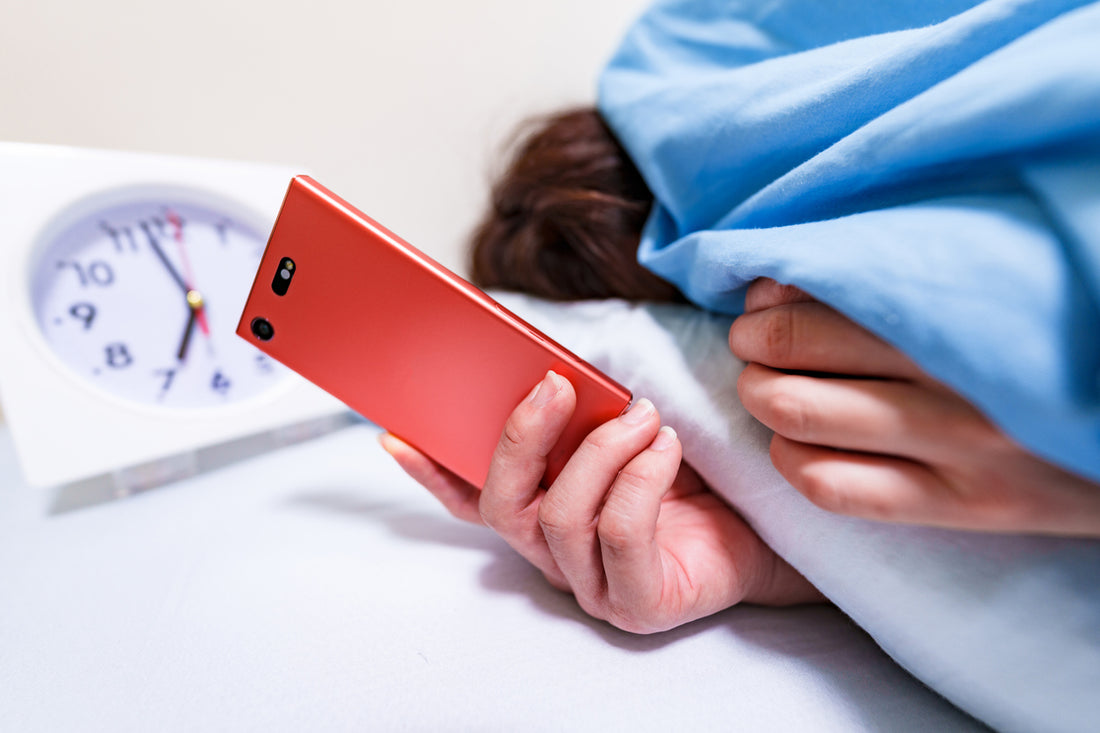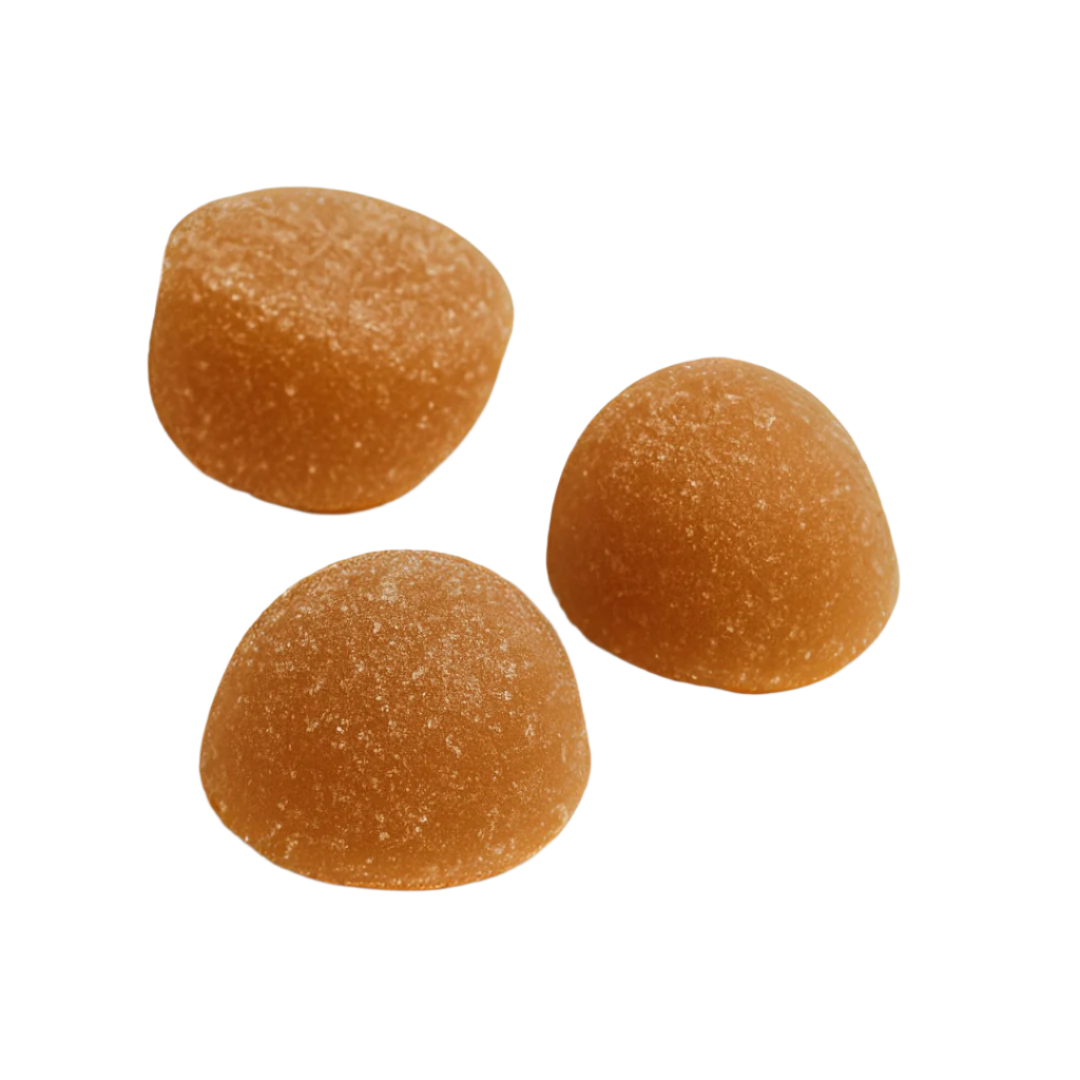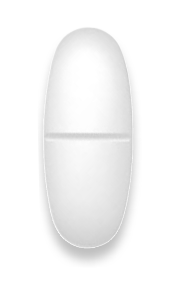How to deal with autumn-winter depression - top tips

Important points
- Autumn-winter depression or seasonal affective disorder (SAD) is one of the most common forms of depression, which usually begins in autumn/winter and ends in spring/summer.
- It is important to recognize the signs of depression. These include sadness/hopelessness, difficulty concentrating, changes in appetite, and low self-esteem.
- Diagnosis of SAD may include laboratory tests, a physical examination, and a psychological evaluation.
- Strategies for coping with autumn-winter depression include meditation/mindfulness, exercise, light therapy, social activities, aromatherapy, a regular daily routine, sun exposure, avoiding alcohol, taking vacations, keeping a diary, and taking wake-up medication.
- Support systems such as family and friends as well as mental health professionals are also important in managing depression.
- B・SYNC ON is a natural, sustained-release wake-up aid that supports the waking process and helps you start your day in a better mood and combat some of the effects of autumn-winter depression.
Seasonal affective disorder (SAD) is one of the most common forms of depression. It typically begins in late fall or early winter and ends in spring or early summer. Symptoms may include feelings of hopelessness, fatigue, and difficulty concentrating.
The first step to getting rid of seasonal affective disorder is to understand your own mental health and how depression might be affecting you. After that, you can use some of the strategies below to cope with autumn-winter depression to maintain your mental health. This includes taking wake-up pills to help you sleep better, wake up with more energy, and more.
Signs of depression
Before you learn how to deal with fall-winter depression, it's important to recognize the signs of depression. These can include: sadness or hopelessness, difficulty concentrating, too much or too little sleep, changes in appetite, and low self-esteem. If you notice any of these symptoms, it's important to reach out to a mental health professional for help.
Diagnosis of seasonal affective disorder
Before the diagnosis of SAD can be made, several things need to be clarified in a thorough examination:
Laboratory tests
Your doctor will often start by doing a blood test to rule out other medical conditions that may be causing your symptoms. This will help determine whether the symptoms are caused by depression or something else.
Physical examination
Your doctor will also perform a physical exam to determine if there are any physical conditions that might be causing your symptoms. This includes checking your blood pressure, weight, and other indicators of your physical health.
Psychological examination
Your doctor or mental health professional will also conduct a psychological assessment, asking questions about your symptoms, mental health and lifestyle.
Treatment of seasonal affective disorder
Once the diagnosis is confirmed, your doctor can create a treatment plan for you. This may include medications, psychotherapy and lifestyle changes.
Is the autumn-winter depression real?
It can be difficult to struggle with SAD and not feel like it's real or valid. It's important to remember that SAD is a real condition and that it can be treated. It's nothing to be ashamed of, and you don't have to deal with it alone. Dr. Norman Rosenthal coined the term "seasonal affective disorder" in 1980, and it has been widely accepted since the 1990s.
Strategies for coping with autumn-winter depression

There is always something you can do to manage the symptoms of autumn-winter depression, with some strategies working better than others depending on the patient. Here are some of the best.
Take a wake-up drug

The world's first wake-up aid, B・SYNC ON uses a delayed-release galenic technology to specifically support the waking process and help you start your morning in a better mood. Each capsule of B・SYNC ON contains 50 tiny beads, each filled with caffeine , vitamin B5, vitamin B12 and zinc. Each tablet is coated to provide a delayed release of around 7 hours. This means that you can take a tablet before going to bed and the active ingredients will only be released after 7 hours, waking you up gently and helping you feel happy and energized.
Fall-winter depression can affect our morning well-being by making it difficult to wake up and leaving us feeling low on energy and sluggish. Taking a wake-up agent before bed will help your body wake up better in the morning and align your circadian rhythm with your schedule.
Meditation and mindfulness
Mindfulness meditation is one of the most popular methods for managing depression. It involves focusing on the present moment without judgment or expectations. Through meditation, you can learn to become aware of your thoughts and feelings and how they affect you. It can help reduce stress and anxiety and improve your overall well-being.
to do sports
Exercise is another great way to manage depression. It can help increase endorphin levels, reduce stress, and improve your overall mental health. Try to get at least 30 minutes of exercise most days of the week. This could be walking, running, cycling, swimming, yoga, or any other type of exercise you enjoy.
Light therapy
Light therapy is a form of treatment that can help reduce symptoms of ADD. It involves exposing you to bright light, usually from a special light box, for at least 30 minutes each day. This can help regulate your body's natural circadian rhythm and reduce feelings of depression.
Make social activities a priority
We are social creatures and feel good when we can connect with others. Social activities are one of the best ways to cope with autumn-winter depression. Spend time with friends and family or join a group or club that interests you.
Aromatherapy
Aromatherapy can be a great way to combat depression. Certain essential oils, such as lavender and chamomile, are known to have calming and uplifting effects. You can use a diffuser or add a few drops to a warm bath to help you relax and relieve your depression.
Maintain a regular schedule

A regular daily routine can help you cope with autumn-winter depression. Go to bed and wake up at the same time every day and plan activities that you can look forward to. This will help keep your circadian rhythm in balance and reduce depressive moods.
Let sunshine into your home
During the winter months, it can be difficult to get enough natural sunlight. To manage the symptoms of autumn-winter depression, open the curtains or blinds every day and let the sun into your home.
Avoid or abstain from alcohol
Alcohol is a depressant and can worsen the symptoms of depression. If you are struggling with autumn-winter depression, you should avoid alcohol or abstain from it altogether.
Try to take a vacation or some time off
Taking a break from your daily routine can be a great way to manage fall-winter depression. Whether it's a vacation or a short break, taking a break from your daily routine can help reduce stress and improve your mental health.
Write a diary
Keeping a journal can be a helpful way to cope with depression. It can help reduce stress, improve your mood, and process your thoughts and feelings.
Support for autumn-winter depression
Support systems are important for dealing with depression. Finding a friend, family member or mental health professional to talk to about your feelings will help reduce feelings of isolation and give you the support you need to manage your mental health.
Autumn-winter depression doesn’t have to dominate your day

Autumn-winter depression can be a difficult and challenging condition. It's important to remember that there are strategies and treatments that can help you manage your symptoms. If you're struggling with depression, reach out to a mental health professional and remember that you're not alone.
If you want to take control of your morning and wake up with more energy and a better mood, try B・SYNC ON today and discover the benefits of taking the world's only patented wake-up aid.
Frequently Asked Questions
What is autumn-winter depression?
Fall-winter depression, also known as seasonal affective disorder (SAD) or seasonal depression, is a form of depression that typically begins in late fall or early winter and ends in spring or early summer. It is thought to be caused by changes in sunlight exposure at certain times of the year.
What are the symptoms of autumn-winter depression?
The symptoms of autumn-winter depression are similar to those of other depressions and may include feeling sad or hopeless, difficulty concentrating, sleeping too much or too little, appetite changes, and low self-esteem.
How can I deal with autumn-winter depression?
There are a number of strategies that can help manage autumn-winter depression. These include mindfulness meditation, exercise, light therapy, social activities, aromatherapy, a regular daily routine, getting sunlight in the home, avoiding alcohol, taking a vacation or time off, journaling, and taking sleeping pills.
How does B・SYNC ON help with autumn-winter depression?
B・SYNC ON is a wake-up aid that uses a sustained-release galenic technology to help you wake up in a better mood. Taking B・SYNC ON before bed helps your body wake up better in the morning and aligns your circadian rhythm with your schedule, which may help reduce symptoms of autumn-winter depression.











